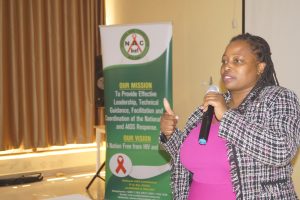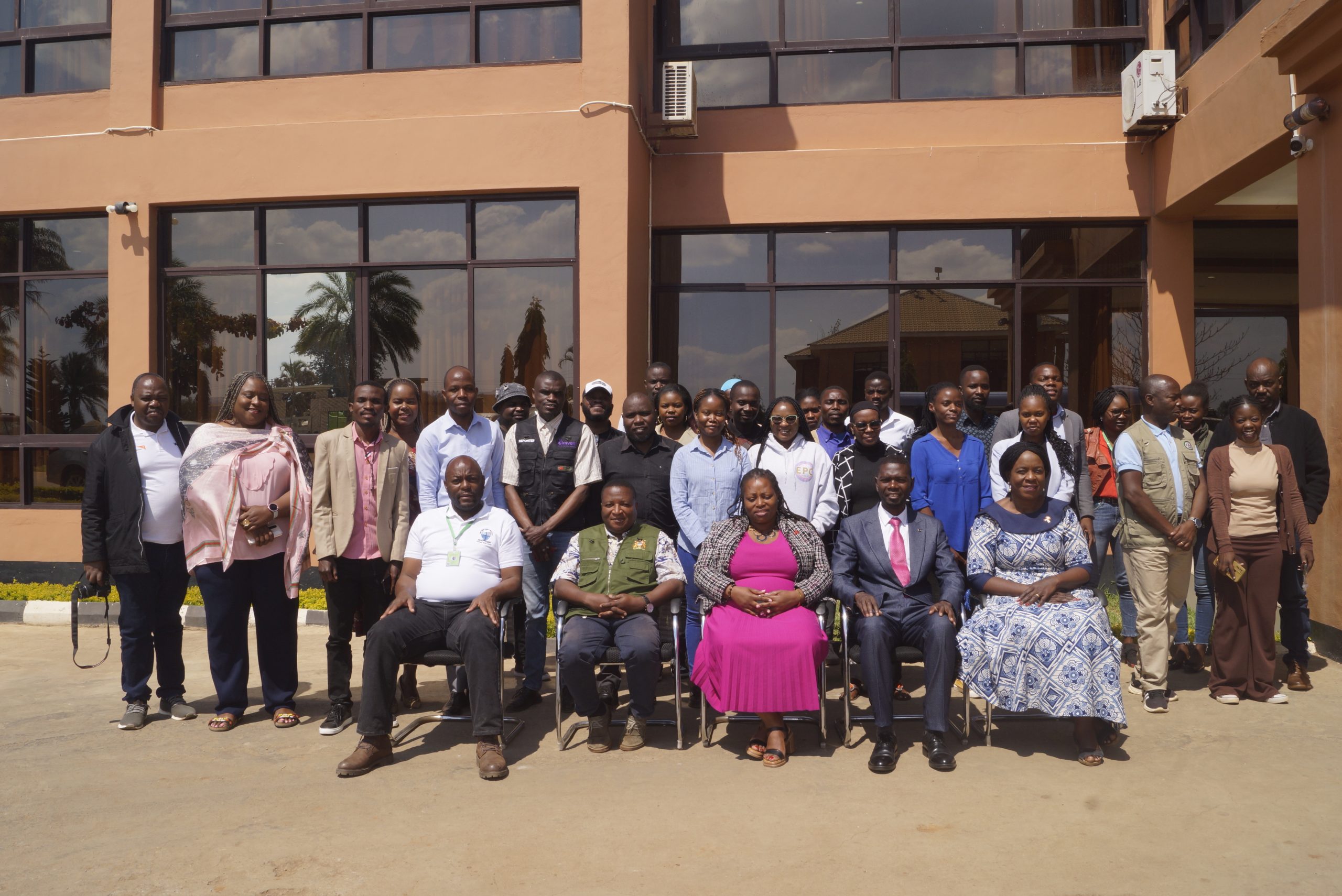The National AIDS Commission (NAC) has challenged media practitioners to assume a greater role in complementing government’s efforts in achieving set objectives in combating HIV and AIDS in Malawi.
NAC Chief Executive Officer Dr. Beatrice Matanje disclosed that dissemination of misinformation continues to hinder progress in the national HIV and Aids response; hence, the need for the journalists to ensure accurate reporting to dispel myths and misconceptions.
Matanje made the remarks at the high-level media engagement meeting, which took place at the Linde Hotel in Mponela, Dowa.
According to the NAC Chief Executive Office, accurate and responsible reporting can help reduce stigma, promote prevention, and encourage access to treatment.
“The media continues to play a critical role in disseminating information even in hard-to-reach communities and its prowess in the national response to HIV and AIDS should not be underestimated. Media has played a central role in the progress that the national response to HIV and AIDS has registered,” she acknowledged.
However, Matanje lamented that inaccurate or sensationalized reporting has, at times, contributed to the exacerbation of stigma and discrimination, thereby thwarting remarkable gains the country has registered over the years.
She said it was for this reason that NAC decided to engage the media professionals to find a common ground for leveraging their working relationships to improve delivery of accurate HIV-related information to the public in alignment with our mandate”.
At the same engagement meeting, Matanje highlighted some of the key milestones that NAC has achieved so far: –
· HIV prevalence among adults (aged 15+ years) has declined significantly from over 14% in the late 1990s to 7% in 2024.
· The number of new HIV infections has dropped by 90%, from a peak of 115,000 in 1990 to just 12,000 in 2024. Whilst from 2010 baseline, the drop has been 79%.
· AIDS-related deaths have also declined sharply from a peak of 80,000 in 2003 to 14,000 in 2024.
· However, despite these achievements, some subpopulations are of great concern, for instance, only 58% of all children (0 -14 years) living with HIV, are on ART, this is an area that still requires focused attention and action by all players. Among those on ART, we still have a good number who interrupt or default treatment due to many reasons, including misinformation and myths.
· We need to find solutions to address the above gaps such appropriate utilization of the various media platforms, to mitigate these negative effects of misinformation.
Furthermore, Matanje disclosed that the country still has a considerable population that is still not aware that they have HIV, posing a great risk for continuing the spread of the HIV infection or new HIV acquisitions.
As at the end of 2024, she explained, the country had about 47,000 people expected to be living, but not aware of their HIV status, warning that if this population remains undiagnosed, they will continue infecting others if they indulge in risky behaviors.

“The Commission relies on you to help unpack this information and all that you will hear today and disseminate using various media platforms. Specifically, the NAC employs all of you present to play your role in public awareness, debunking myths, and challenging stereotypes,” she said.
A representative of the journalists, Fazilla Tembo, commended NAC for the engagement, stressing that it will go a long way in cementing the relationship between the Commission and journalists.
